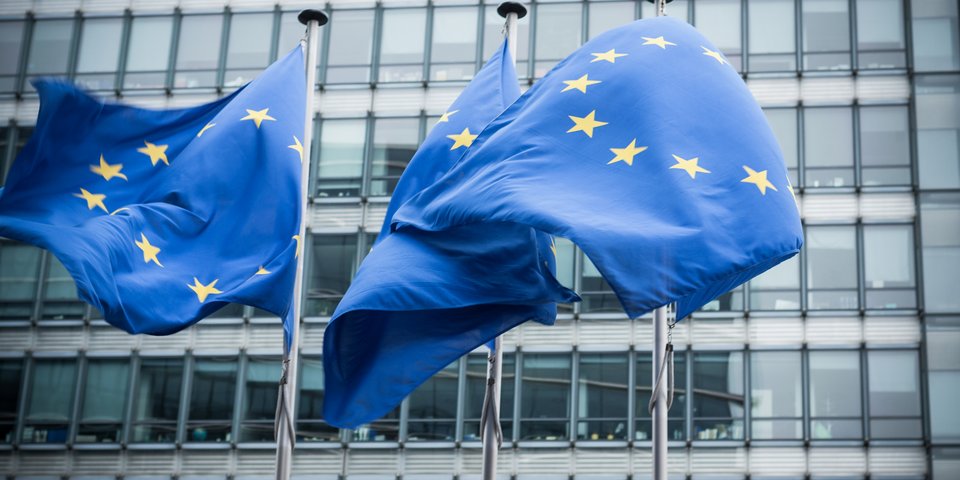 iAaki antoAana plaza
iAaki antoAana plazaReform of the EU electoral law
Preparation for the European elections 2024
IF – 04/2022
The
European Parliament's Constitutional Affairs Committee voted in March on
reforms of the European electoral law. With a view to the next European
elections in 2024, MEPs want to spare themselves an embarrassing failure like
the last European elections in 2019. This is because the much-touted leading
candidate principle, i.e. nominating one person per parliamentary group, was
not adhered to at the time. Instead of the actual leading candidate of the
conservatives, Manfred Weber (EPP), the then defence minister, Ursula von der
Leyen (EPP) surprisingly became president of the European Commission.
At the
time, this led to indignation among all parties and did not please the heads of
state and government either. Legally, there was also no way of enforcing the
leading candidate principle at the time, as this was a shoulder-to-shoulder
agreement between all parties.
Election process wish list
In
order to prepare for the future of the EU and the electoral process, the
European Parliament has tackled the electoral law. Here, too, it must be noted
that half of the parliamentary term has already elapsed. Therefore, the
elections to the European Parliament should be more Europe-centred in all
future ballots, at the request of the MEPs.
What does that mean exactly?
The
Parliament's concern is the establishment of a new European electoral authority
whose task would be to coordinate uniform deadlines, coordination across Member
States and general counting of all votes cast. This objective is not new since
a uniform election procedure has been laid down in the Treaties since 1957
(Art. 138 para. 3 EEC-O).
Lists of candidates from across the Member States
The
citizens’ right to vote for 28 candidates from a pan-European constituency is
exceptional. These do not belong to any national constituency but represent the
entire European Union. In addition, all lists of candidates shall be determined
on a gender parity basis using the zip system. Currently, there are various
deadlines spanning 17 to 83 days for the completion of the lists of candidates.
There is a clear need for action here to create a common framework.
More efficient with electronic voting
In order
to increase overall voter turnout, one important incentive would be to make
electronic voting available throughout Europe as quickly as possible. The
necessary data protection standards would be controlled by the newly
established European electoral authority. In addition, MEPs are calling for
Election Day to always be 9 May, Europe Day, and to be reserved as a public
holiday across Europe. With a majority vote in the Constitutional Affairs
Committee, MEPs would likely vote on the issue in the European Parliament's May
plenary session.
